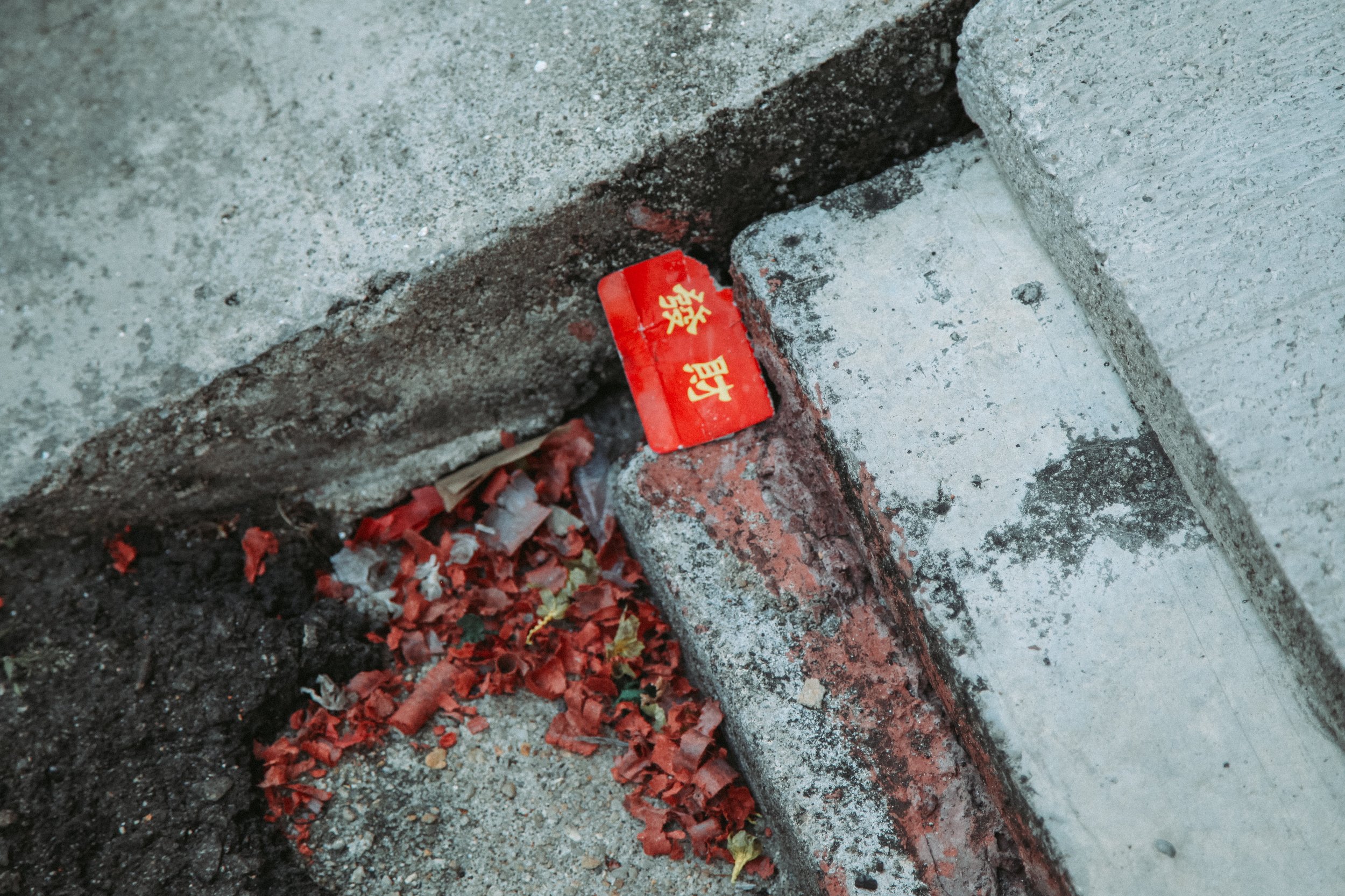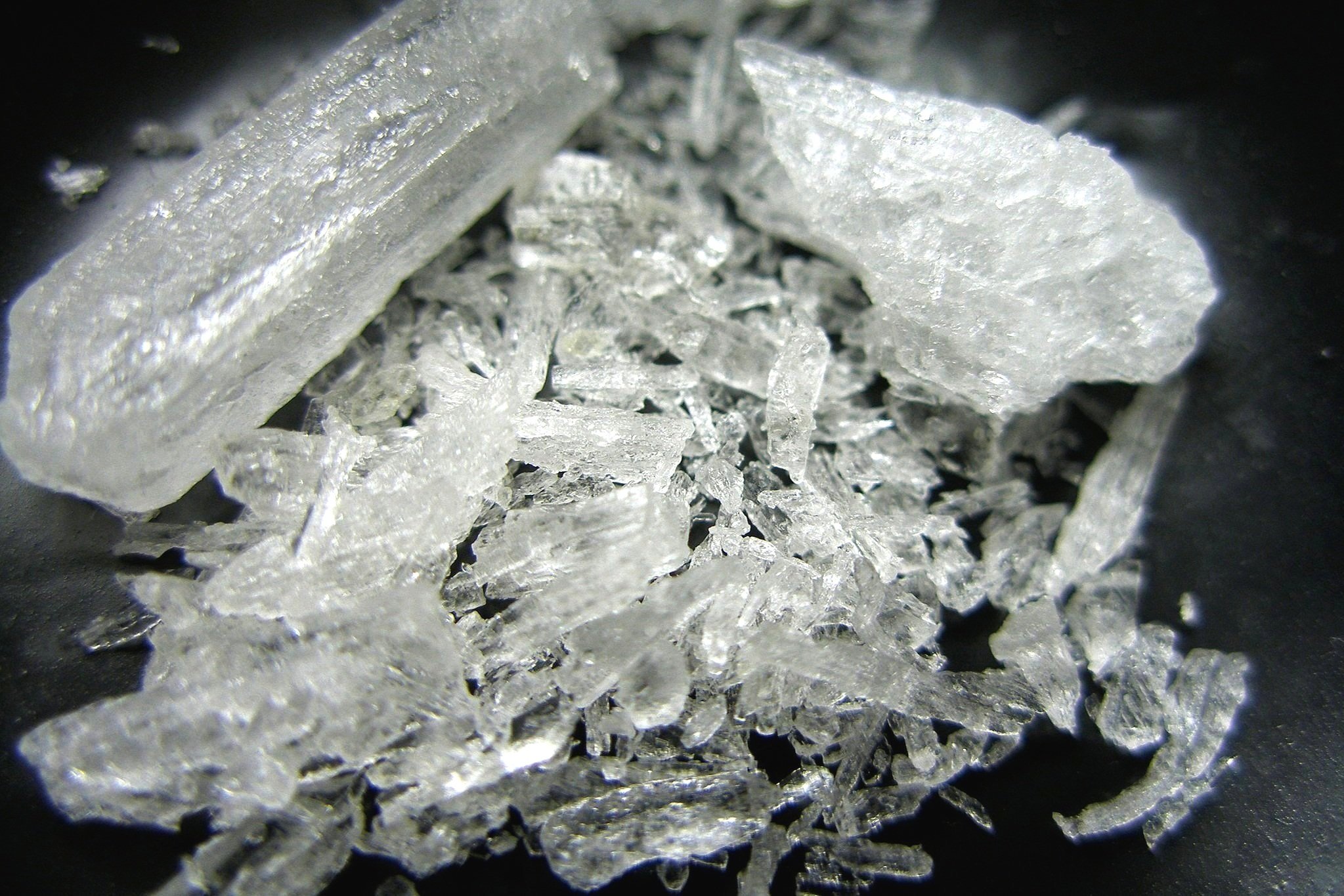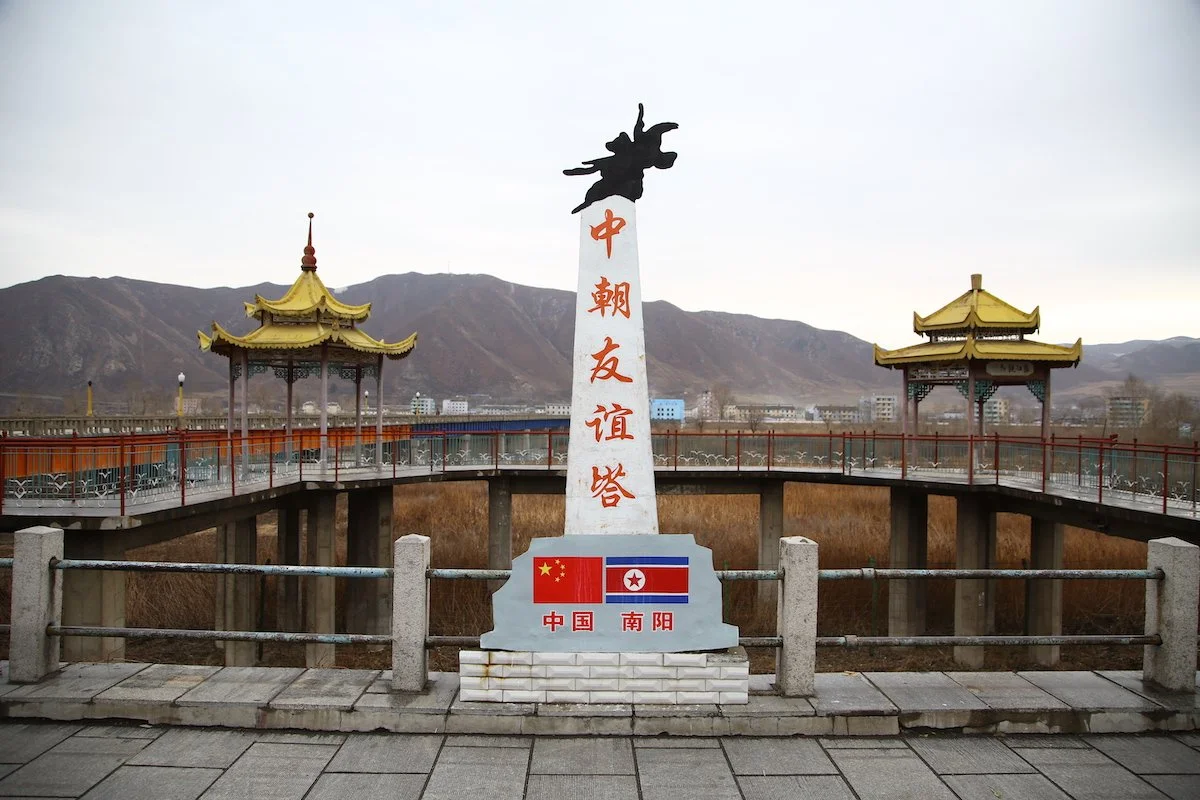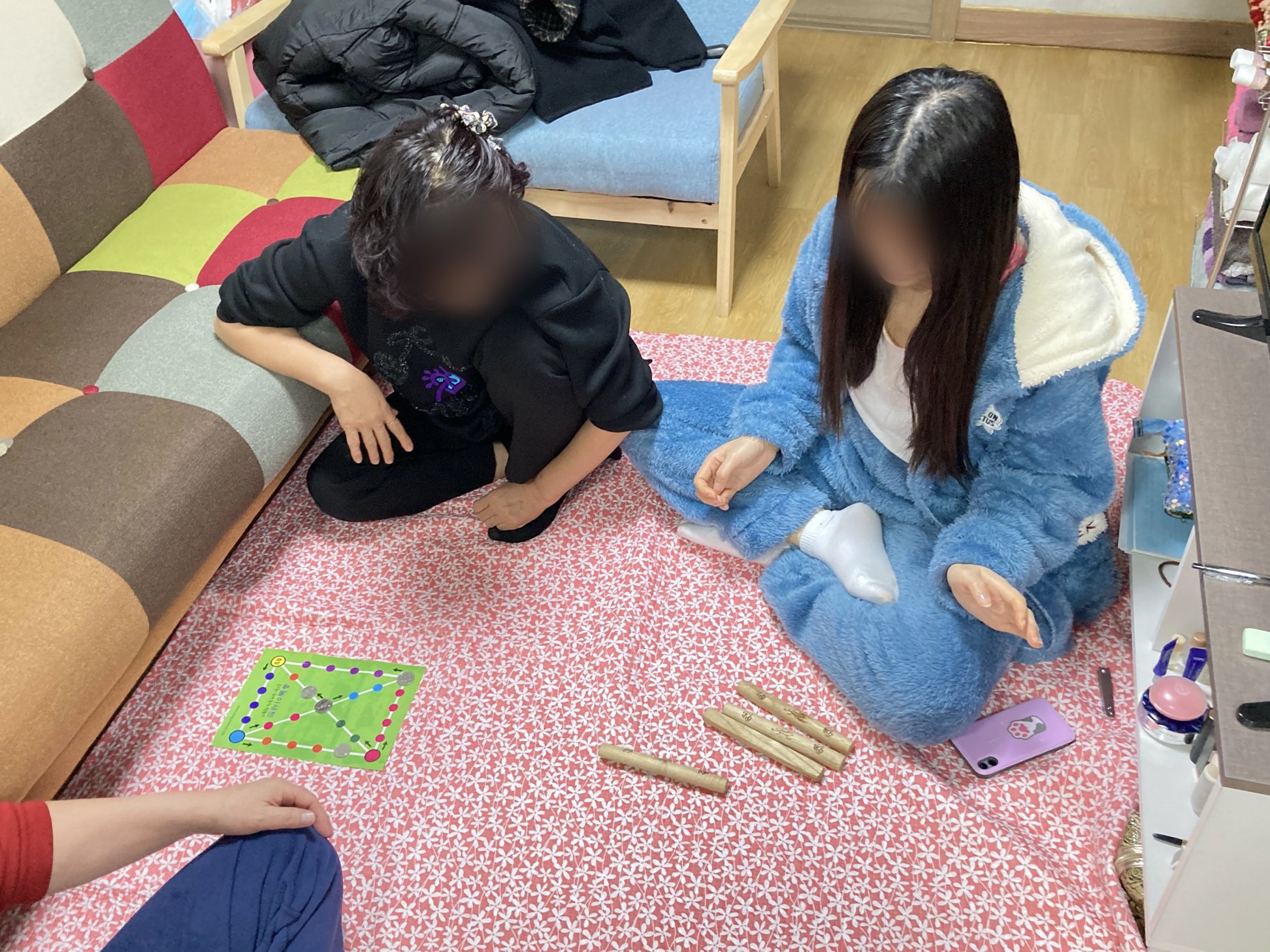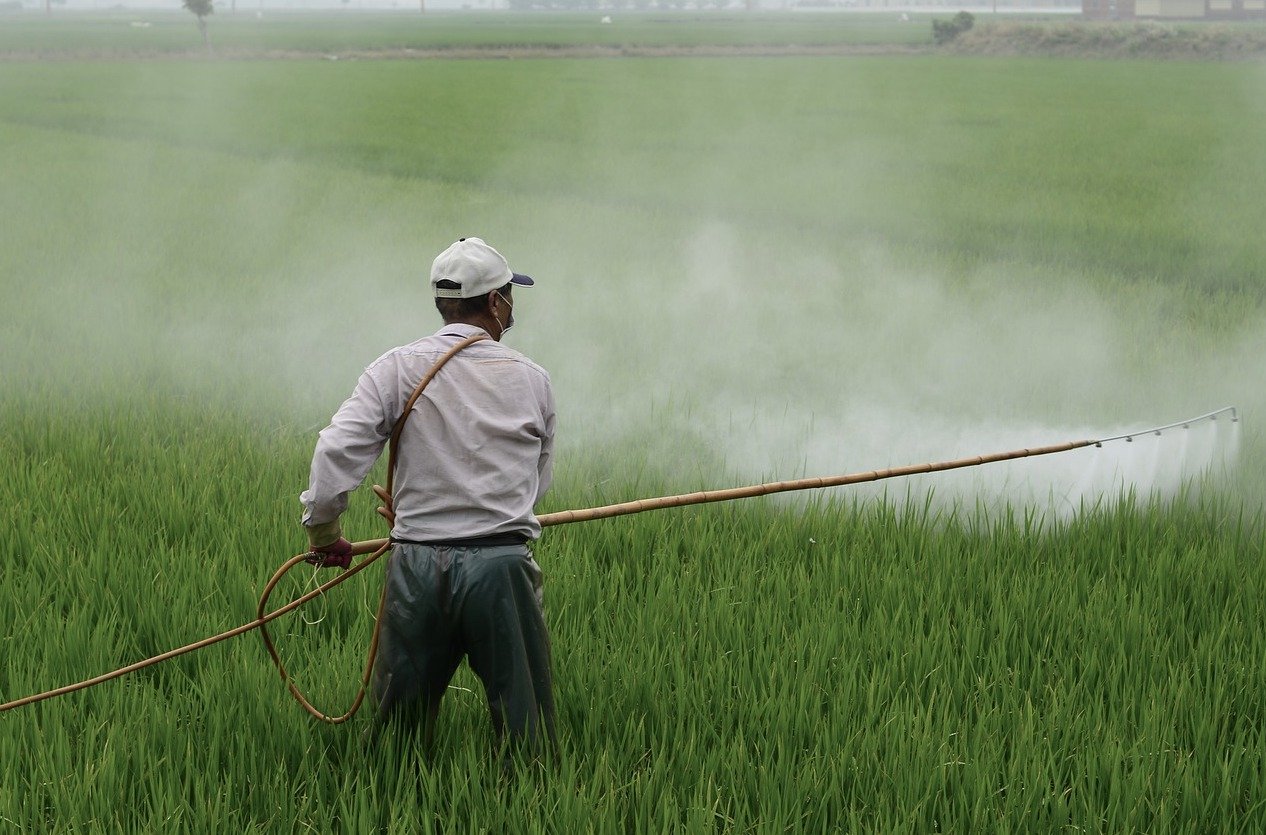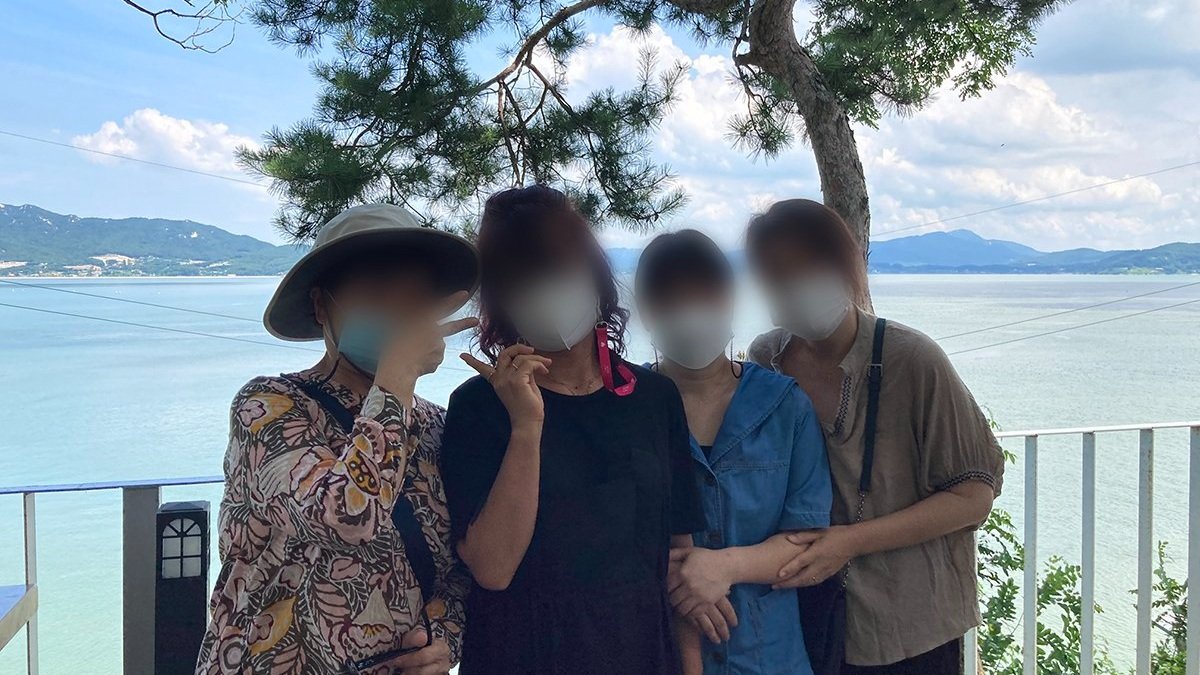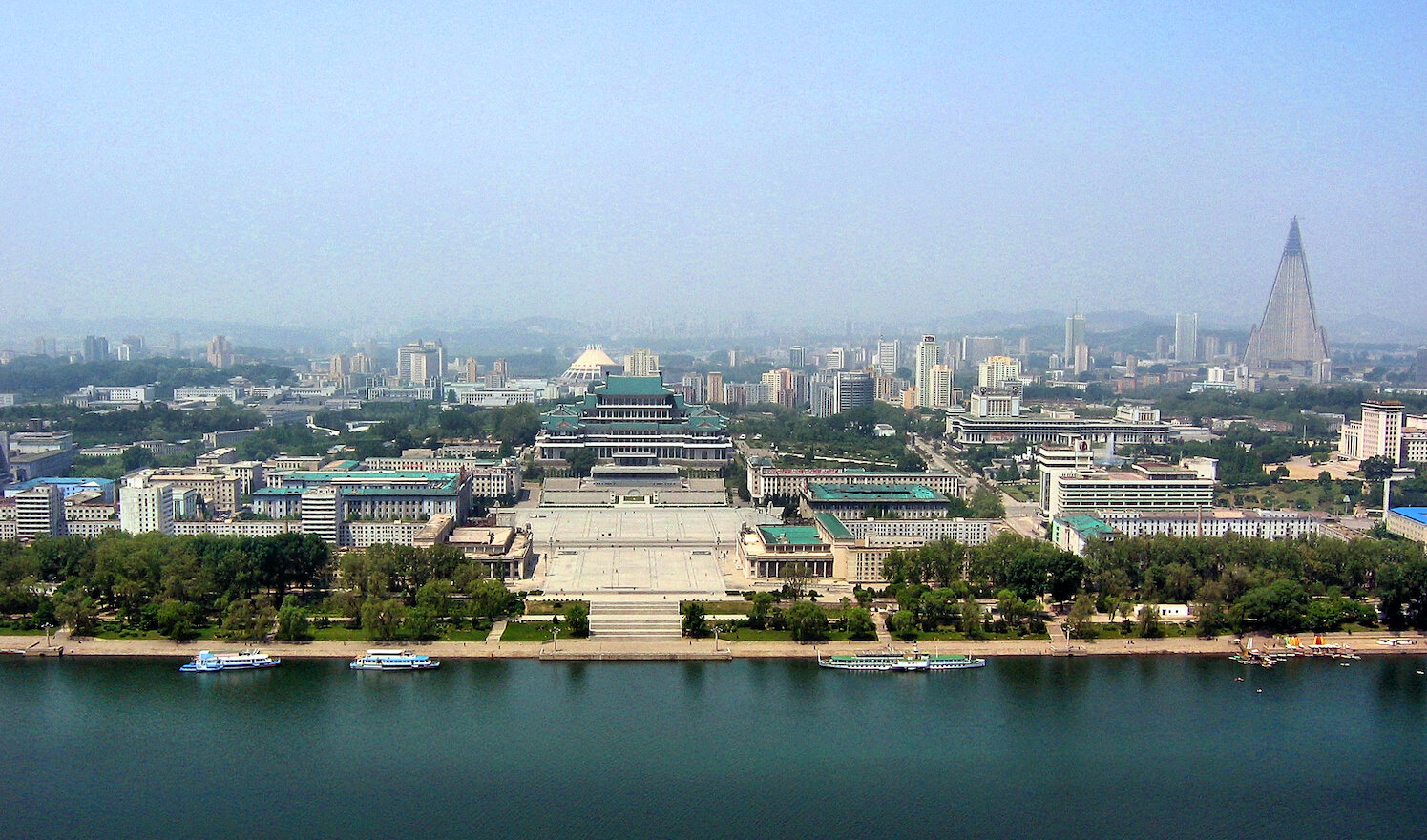Lunar New Year festivities signify an important time of the year to spend quality time with family, indulge in delicious meals, and give out cash-filled red envelopes and gifts to loved ones. In North Korea, where drug addiction is becoming increasingly prevalent in recent years, especially among North Korean youths, citizens have reportedly been exchanging crystal meth as presents to celebrate the holidays. It is known locally as “pingdu” which is the Korean version of the Chinese word for “ice drug” and is a popular gift for celebrating birthdays to graduations and special holidays like Lunar New Year. A source told Radio Free Asia that North Koreans use meth as a form of stress relief because “[they] want to forget their harsh reality and enjoy themselves”.
Due to its accessibility and frequent use as an appetite suppressant, many North Koreans use crystal meth as casually as cigarettes. “A few factors could be driving such a trend. First, crystal meth is produced inside North Korea, so stoppages of trade at the Chinese border due to sanctions have no effect on the availability of crystal meth within North Korea. Meanwhile, imported food and consumer goods are often hard to come by due to sanctions enforcement, so it’s possible that more people are relying on domestically produced goods, including crystal meth, for gifts,” commented Justin Hastings, an associate professor from the University of Sydney.
INSIDE NORTH KOREA’S CRYSTAL METH TRADE
Historically, the production and use of meth were intended by the North Korean government to help improve its soldiers’ performance. This method was not unique to North Korea, as the Japanese had also utilized this method during WWII. Since the 1970s, many North Korean diplomats have been arrested abroad for drug smuggling. In the early 1990s, North Korea suffered from extensive farm crop failures, particularly in their harvest for poppies, which led to a collapse in profits from opium and heroin production. As a result, the government began producing and trafficking crystal meth for export using state-owned companies, diplomatic facilities and personnel, military vessels, and other state assets in exchange for foreign currency. It is reported that the government had also formed connections with organized criminal networks outside of North Korea, including Chinese triads across the northern border of China and the Japanese yakuza, in order to facilitate distribution and pocket the proceeds from drug trafficking.
Kim Kuk-song had worked for North Korea’s spy agencies for 30 years before he defected to South Korea in 2014. Kim told the BBC that he was ordered to set up a production line for crystal meth in order to raise funds for the regime during the famine from 1994 to 1998 under the former leader Kim Jong-il's regime. He described that “[at] that time, the Operational Department ran out of revolutionary funds for the Supreme Leader. After being assigned to the task, I brought three foreigners from abroad into North Korea, built a production base in the training centre of the 715 liaison office of the Workers’ Party, and produced drugs” to fund the leader’s lavish lifestyle.
At a time when hundreds of thousands of people died from starvation during the famine in the 1990s, North Korean citizens had to resort to their own ways to survive without receiving any help from the government, namely to use meth they had produced to combat hunger. Consequently, domestically-produced crystal meth soon appeared across the country in non-government-regulated production centres, including factories and labs run by individuals. Today, meth acts as a widely practiced solution to tackle the chronic lack of healthcare in North Korea and is sold even in rural and remote areas as “people like [meth] better than opium because [meth] costs less and it is stronger,” said an anonymous source from South Hamgyong province.
CRYSTAL METH PLAYS AN ESSENTIAL ROLE IN NORTH KOREAN SOCIETY
Even though the government began clamping down on drug users (even going as far as interrogating elementary school students), to address the alarming spread of drug use in North Korea since the beginning of 2005, crystal meth trafficking to China has remained unaffected. It is no question that under the law, the production and trafficking of illicit drugs is illegal and drug dealers are occasionally punished, and executed in some cases, particularly during public crackdowns. However, the production of crystal meth remains an important source of income for the North Korean government and society as a whole. Hastings explained that “North Koreans throughout society have gone into business for themselves, through private enterprises, through officially sanctioned businesses – or, if they are state officials, by using their positions to license businesses and extract bribes, or to engage in side businesses of their own”. The government is thus able to indirectly profit from the drug trade using an off-the-books taxation system in order to benefit the elites and fund its nuclear program.
Crystal meth “has been largely seen inside North Korea as a kind of very powerful energy drug – similar to Red Bull, amplified,” commented Andrei Lankov, an expert of North Korea from Kookmin University. Reports from 2016 also show that construction managers in Pyongyang had been supplying workers with meth in hopes of completing showcase projects faster. In the social context, Lee Saera from Hoeryong even remarked how “[if] you go to somebody’s house it is a polite way to greet somebody by offering them a sniff.” Since the pandemic, the number of drug traffickers have skyrocketed as “[residents] have always believed [meth] to be a cure-all drug...people are saying that it can prevent or even cure coronavirus,” a resident of North Hamgyong province told Radio Free Asia. The source also said that “[people] believe it is true, because fevers, coughs and body aches will all temporarily disappear if a user inhales [meth]”.
While publicly denying the existence of any illegal drug activity within its border, according to Greg Scarlatoiu, executive director of the Committee for Human Rights in North Korea, Kim Jong-un and his regime may be enabling its people’s addiction. If meth works to “dull[s] the wills and minds of the North Korean people, the government tacitly allows it to go on,” says Greg.


